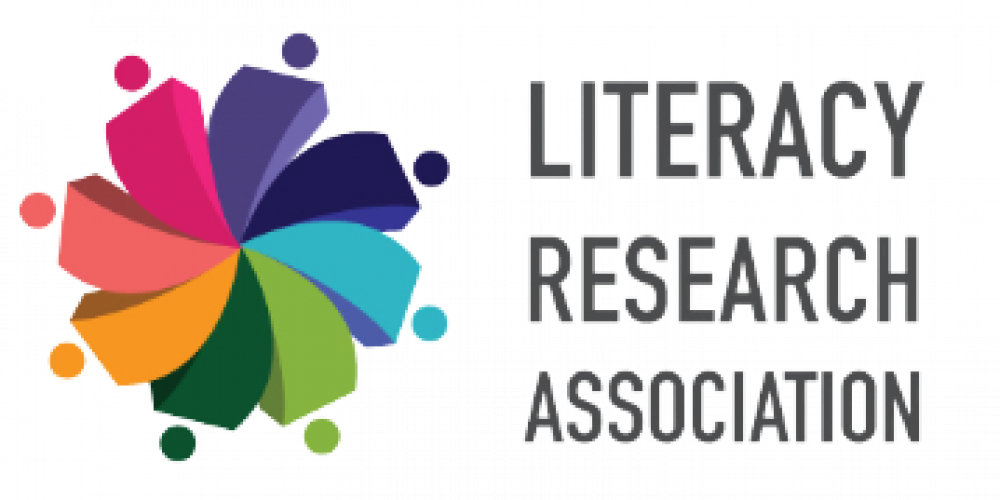STAR (Scholars of color Transitioning into Academic Research institutions) Mentoring Program
In 2008, the Ethnicity, Race, and Multilingualism (ERM) Committee proposed the creation of a pipeline for promising emerging scholars of color who will continue the strong tradition of leadership, research, and service within our organization and who will commit and dedicate themselves to addressing issues of ethnic, linguistic, and racial diversity within our organization and within the literacy field. This resulted in the establishment of the STAR (Scholars of color Transitioning into Academic Research institutions) program–a selective mentoring program for scholars of color who are beginning their careers as literacy researchers. The objectives of the STAR program are to:
- Help instill a strong professional stance within scholars of color,
- Increase their knowledge of our organization’s rich history and traditions,
- Inspire them to continue its legacy of scholarship, leadership, and service, and
- Increase the pool of viable scholars of color who have been mentored by our organization
The STAR program is a two-year cohort model for eight scholars of color in the first two years of a tenure-track literacy appointment. Fellows are then matched with senior scholars of color in our field and organization. As part of the STAR program, fellows and mentors participate in a series of mentoring and research sessions at two annual conferences and in a spring writing retreat. Fellows also present at a STAR Research Showcase session at the conference in their first year of the program and in an alternative session the second year.
Since 2009, the STAR program has mentored cohorts of emerging scholars of color, committed to conducting research on the literacy education and development of students from ethnically, linguistically, and racially diverse backgrounds; who have the capacity to successfully navigate the tenure and promotion process at predominantly White research institutions; and who are active and productive leaders within our organization and in the literacy profession.
2022 – 2024 Cohort
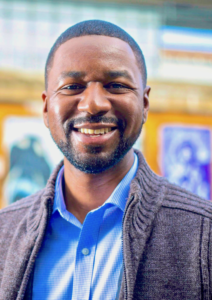
Dr. Marcus Croom
Mentor: Dr. Patricia Edwards
Marcus Croom is Assistant Professor in Literacy, Culture, and Language Education at Indiana University in Bloomington. As a race critical researcher, his inquiries focus on race and literacies within educator preparation and educator development in American schooling, specifically teaching and learning as practiced with the post-White orientation. He typically generates knowledge through practice of race theory (PRT), case study, and qualitative methods, especially race critical practice analysis. His mission is to cultivate more human fulfillment and mitigate human suffering. Holistically, his work involves using research and experience to help individuals and groups develop racial literacies, which thereby advances the justice, diversity, equity, and inclusion efforts of schools, universities, businesses, organizations, and communities.
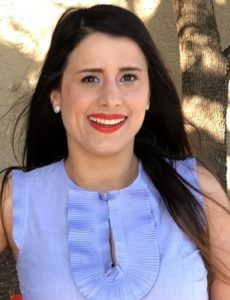
Dr. Tala Karkar Esperat
Mentor: Dr. Pamela Mason
Tala Karkar Esperat is Assistant Professor of Curriculum and Instruction at Eastern New Mexico University. Her research agenda as an international literacy scholar focuses on enhancing ability of teachers to cultivate racially literate justice through new literacies, multiliteracies, and pedagogical literacy practices. She studies teacher pedagogical content knowledge of new literacies and traditional literacies in the classroom. Dr. Esperat wishes to contribute to the scholarship surrounding racial inequalities in classroom contexts to empower teachers, schools, organizations, and communities to fully utilize the assets of learners, oppose linguistic deficiencies, and empower racialized students.
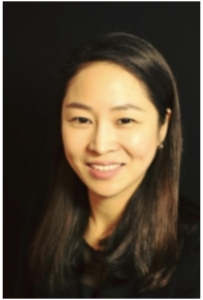
Dr. Jin Kyeong Jung
Mentor: Dr. Vaughn Watson
Jin Kyeong Jung is Assistant Professor in Language, Diversity, and Literacy Studies at Texas Tech University. She earned a Ph.D. in Literacy, Culture, and International Education at the University of Pennsylvania’s Graduate School of Education. Her interdisciplinary research agenda lies at the intersection of literacy, language, and technology to promote equity, access, inclusion, and diversity. She is particularly interested in digital literacies, youth civic engagement, education in global contexts, and linguistically and culturally diverse youth including transnational adolescents and racially marginalized students who often wrestle with and may feel excluded from standardized curriculum and instruction. She employs qualitative participatory research methodologies and ethnographic and multimodal approaches.
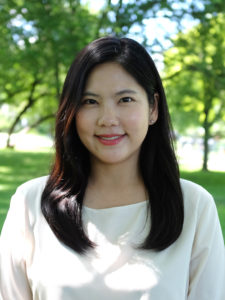
Dr. Jungmin Kwon
Mentor: Dr. Wan Shun Eva Lam
Jungmin Kwon is Assistant Professor of Language and Literacy in the Department of Teacher Education at Michigan State University. Her research focuses on the areas of language and literacy, immigrant children and families, transnational migration, and teacher preparation for linguistically and culturally diverse students. She is the author of “Understanding the Transnational Lives and Literacies of Immigrant Children” (Teachers College Press, 2022). Her work has appeared in International Journal of Bilingual Education and Bilingualism, Bilingual Research Journal, Language and Education, Language Arts, and others.
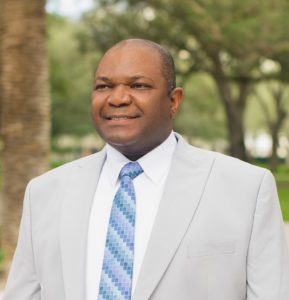
Dr. Jason D. Mizell
Mentor: Dr. Aria Razfar
Jason D. Mizell is an Assistant Professor in the Department of Teaching and Learning at the University of Miami. His research, teaching, and service are filtered through a cross-pollination of Systemic Functional Linguistics and Culturally Sustaining pedagogies in order to apprentice pre-and in-service teachers, minoritized youth, and wider community(ies) to (1) value, nurture, and critically examine racialized community languaging and literacies practices, (2) critically examine and deconstruct dominating languaging and literacies practices, (3) learn to remix languages and literacies critically in order to meet the needs of racialized youth and their accomplices in a multilingual and pluralistic society, and (4) to help subject area teachers make content-specific instruction anti-racist and accessible.
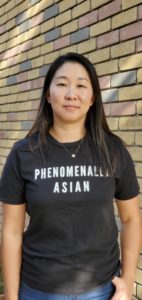
Dr. Rosa Nam
Mentor: Dr. Kyung Sung
Rosa Nam is Assistant Professor of English Education at Colorado State University. Her research centers on critical literacy, contemporary diverse adolescent literature, and AsianCrit in education. Before joining CSU, Dr. Nam worked with pre-service teachers in university and alternative certification programs and was a high school English teacher in Houston, TX. She is currently an assistant editor of The ALAN Review until 2023.

Dr. Lakeya Omogun
Mentor: Dr. Patriann Smith
Lakeya Omogun is an Assistant Professor of Language, Literacy, and Culture at The University of Washington. Raised between her Nigerian and Black American cultures, her hybrid identity is reflected in her work that focuses on Black African immigrant youth. Specifically, her research explores the role of language, literacy, including digital literacies, in Black African immigrant youth identity constructions and negotiations across school, community, and digital spaces. She pays particular attention to the intersection of racialization and socialization processes that influence Black African immigrant youth identities. Lakeya draws on her lived experiences, the wisdom of her former middle school students, and the arts to inform her creative approach to shifting static ideas about identity, culture, and language in schools and society at large.
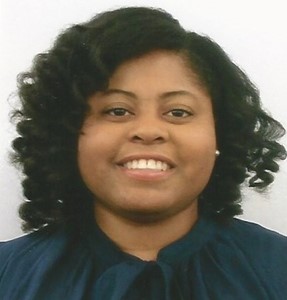
Dr. Crystal Wise
Mentor: Dr. Maneka Brooks
Crystal N. Wise begins a new position as an assistant professor in elementary literacy at the University of Minnesota in the fall. Her scholarship focuses on the early literacy development of African American children and children living and attending schools in low-socioeconomic communities. Her current work focuses on vocabulary instruction and assessment, culturally responsive instructional practices, project-based learning, and African Americans’ use of literacy as resistance and liberation. She is also a former kindergarten and second grade teacher.
